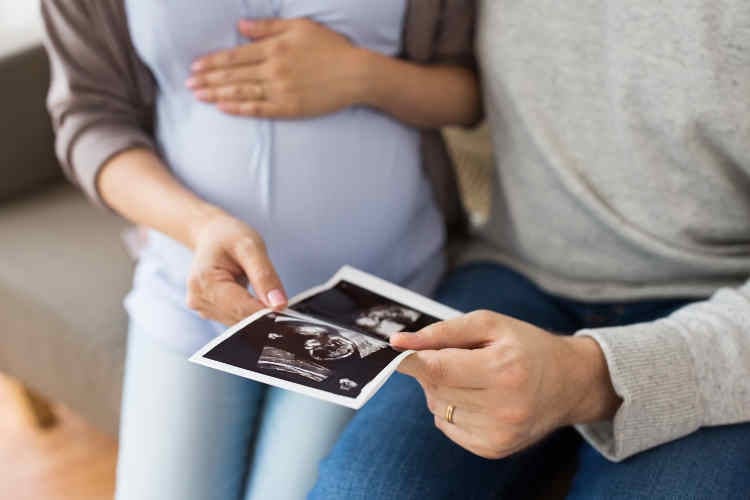A congenital diaphragmatic hernia is a birth defect where there is an abnormal hole in the diaphragm – the large, dome-shaped muscle which separates the chest cavity from the abdomen.
This allows some of the abdominal organs, such as the stomach and intestines, to protrude (or herniate) into the chest. As a result, there is not enough space for the lungs to grow to their normal size (known as pulmonary hypoplasia). When the baby takes its first breaths after birth, the intestines may fill with air and press on the heart and lungs.
Causes of congenital diaphragmatic hernia
It is not always clear what causes the failure of the diaphragm to form completely. In some babies, it is caused by a genetic or chromosomal abnormality that may also lead to other problems. In other babies, no genetic cause can be identified.
How common is it?
Congenital diaphragmatic hernias occur at a rate of about one in every 2,500 births. The abnormality of the diaphragm may occur on its own, but sometimes there are also other abnormalities, such as a heart defect.
Diagnosis
In about 50 per cent of cases, the diaphragmatic hernia is diagnosed on an ultrasound scan before the baby is born. In most of the other cases, the diagnosis is usually made within minutes to hours after the birth. In a very few people who are less severely affected, the diagnosis is made later in life.
Treatment of congenital diaphragmatic hernia
Because the lungs are under-developed, most babies will need to be placed on a machine (a ventilator) to help them breathe. Surgery is then carried out to repair the defect in the diaphragm; this is usually done between the first and third day of life. Occasionally surgery may be delayed up to a week to allow lung function to improve beforehand.
Treatment to help the lungs develop has also been tried while the baby is still in the mother’s womb for babies with the most severe hernias. However, this has risks and it is not clear whether it improves the outcome. At the time of writing, studies are underway to try to answer this question.
What problems does it cause?
There are a range of outcomes depending on the severity of the condition. However, a congenital diaphragmatic hernia is life-threatening, and unfortunately, even with the best care, some babies with this condition will not survive.
Among those who do survive, there may be long-term medical problems, such as chronic lung disease, feeding problems and poor growth.

